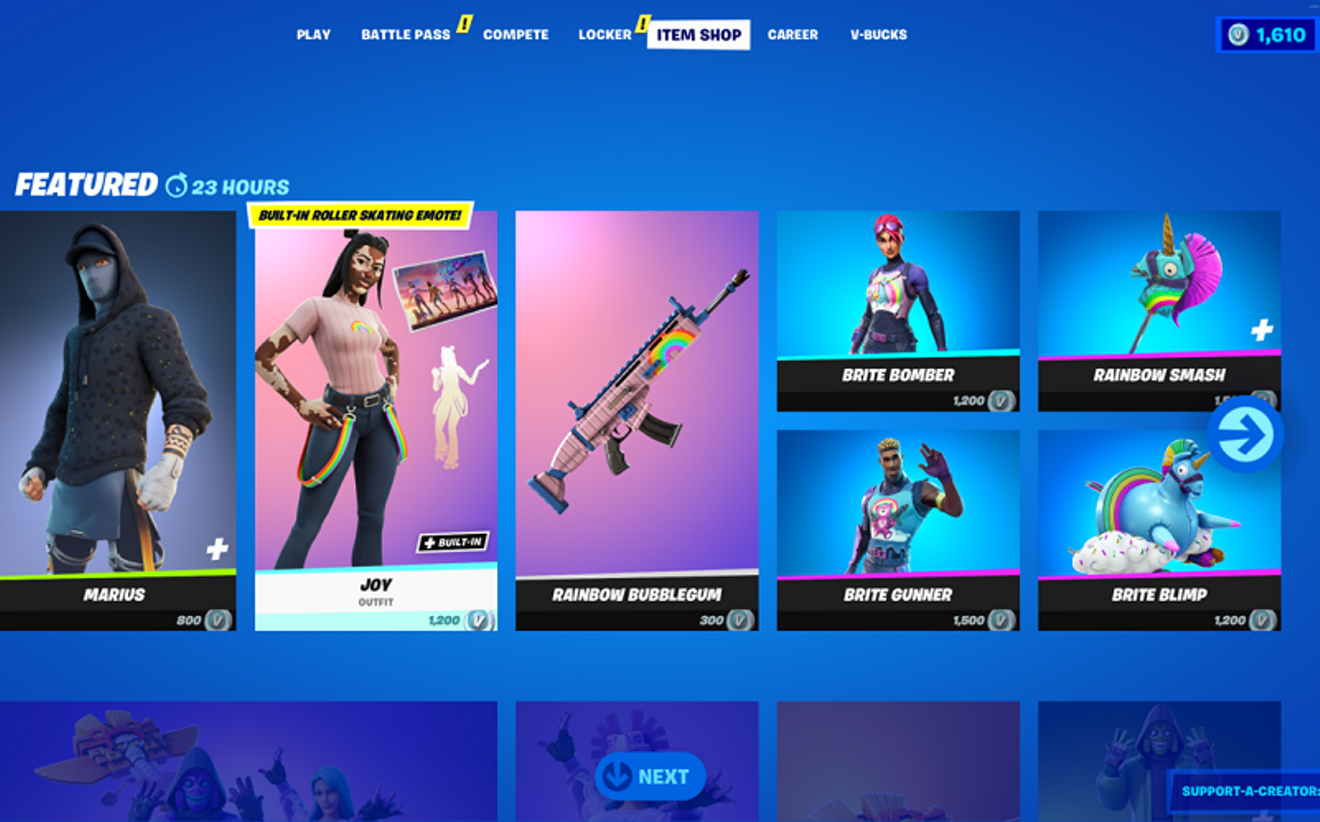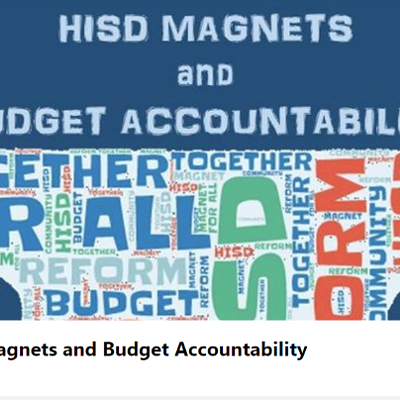One of the most insidious practices of the modern video game industry, in-game and in-app purchases, is finally getting some significant pushback from the federal government. The Federal Trade Commission has announced a settlement with Epic Games Inc., creator of Fortnite, to that allows parents to request a refund for purchases made by their children without their permission.
In-game purchases, loot boxes, and microtransactions have dominated the video game industry for a decade. Some games like Fortnite are offered as free downloads, but players are able to purchase new characters, weapons, and cosmetic enhancements by paying fees.
Fortnite has been the focus of the in-game purchases debate because of its wide appeal. Though nominally a shooter, the cartoonish graphics and lack of violent imagery has made it a favorite for many younger players who want to compete online with their friends. Consequently, some kids have reported being bullied by their peers for using game assets that come with the standard, free version instead of popular ones like Star Wars and Marvel that require purchases.
This has contributed to some kids making purchases without their parents’ permission thanks to insufficient controls on gaming consoles’ storefronts. It is not a small problem. The FTC is notifying 37 million people that they may be eligible for refunds. The settlement with Epic is for more than half a billion dollars .
Some parents have complained that their kids have racked up hundreds of dollars in charges, and in some cases sent bank accounts into overdraft. Other families saw charges in the thousands, leaving parents scrambling to pay bills.
Game companies have long waved away concerns about children making such purchases, putting the blame on poor parental involvement. However, the issue is deeply connected to predatory practices that are rapidly becoming an issue worthy of government attention.
Independent game journalist Stephanie Sterling has been covering the effects of in-game purchases for years. In a heartbreaking video from 2019, she chronicled several gamers with mental illnesses that affected impulse control who cratered their financial lives thanks to marketing techniques used in games like Fortnite.
It’s not just that add-ons are available to purchase. It’s that game makers intentionally promote anxiety and compulsion in potential customers though randomized rewards and limited-time events (often with very difficult requirements) to unlock beloved characters. Some companies openly brag about how hooked they get some players on these purchases, which can make up billions of dollars.
The FTC settlement is a small step forward for regulating the predatory practices of the game industry. By acknowledging that some players are making purchases they may not be responsible for, it opens the conversation for further regulation.
Countries in Europe have already banned loot boxes as gambling, and gambling aimed at minors at that. This is one of the reasons that the practice has fallen somewhat out of favor with releases in the last several years, but it was so contentious an issue that new games are often applauded merely for leaving the mechanic out.
In-game purchases can be done responsibly. Downloadable content chapters, new characters, and additional game modes are likely here to stay as games increasingly try to get players to pay more. However, games like Fortnite that trade on endless, limited time add-ons that cost real-world money negatively affect people children, addicts, and people with impulse control issues. The settlement is proof of that.
Despite claims from the industry for years that their storefronts are ethical and well-policed by the industry, it looks like the federal government is getting more comfortable disagreeing. Hopefully, it will lead to fewer financial disasters for families in the future.
Support Us
Houston's independent source of
local news and culture
account
- Welcome,
Insider - Login
- My Account
- My Newsletters
- Contribute
- Contact Us
- Sign out

Limited edition skins like Joy drive compulive buying
Screenshot from Fortnite storefront in 2021
[
{
"name": "Related Stories / Support Us Combo",
"component": "11591218",
"insertPoint": "4",
"requiredCountToDisplay": "4"
},{
"name": "Air - Billboard - Inline Content",
"component": "11591214",
"insertPoint": "2/3",
"requiredCountToDisplay": "7"
},{
"name": "R1 - Beta - Mobile Only",
"component": "12287027",
"insertPoint": "8",
"requiredCountToDisplay": "8"
},{
"name": "Air - MediumRectangle - Inline Content - Mobile Display Size 2",
"component": "11591215",
"insertPoint": "12",
"requiredCountToDisplay": "12"
},{
"name": "Air - MediumRectangle - Inline Content - Mobile Display Size 2",
"component": "11591215",
"insertPoint": "4th",
"startingPoint": "16",
"requiredCountToDisplay": "12"
}
]
KEEP THE HOUSTON PRESS FREE...
Since we started the Houston Press, it has been defined as the free, independent voice of Houston, and we'd like to keep it that way. With local media under siege, it's more important than ever for us to rally support behind funding our local journalism. You can help by participating in our "I Support" program, allowing us to keep offering readers access to our incisive coverage of local news, food and culture with no paywalls.
Jef Rouner (not cis, he/him) is a contributing writer who covers politics, pop culture, social justice, video games, and online behavior. He is often a professional annoyance to the ignorant and hurtful.
Contact:
Jef Rouner
Trending News
- Librarians Under Siege in Montgomery County?
- Four Wishes for the Houston Texans 2024 Schedule
- A Glimpse of HISD's 2024-25 Budget Sure to Draw a Crowd on May 16
-
Sponsored Content From: [%sponsoredBy%]
[%title%]

Don't Miss Out
SIGN UP for the latest
news, free stuff and more!
Become a member to support the independent voice of Houston
and help keep the future of the Houston Press FREE
Use of this website constitutes acceptance of our
terms of use,
our cookies policy, and our
privacy policy
The Houston Press may earn a portion of sales from products & services purchased through links on our site from our
affiliate partners.
©2024
Houston Press, LP. All rights reserved.





